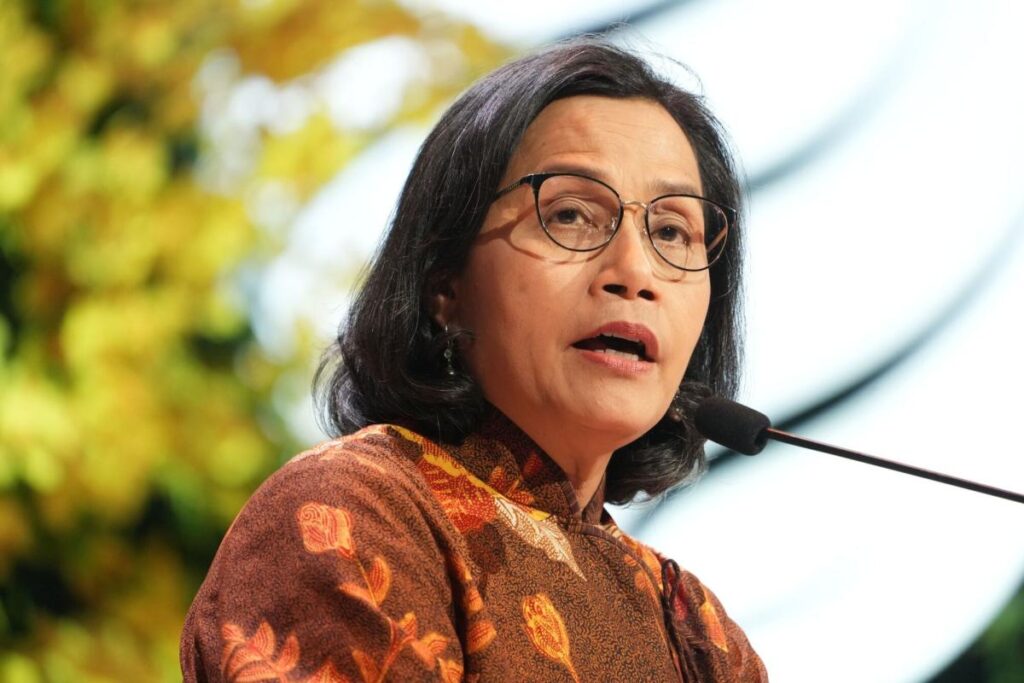Indonesia’s President Prabowo Subianto has appointed a team of experienced economic leaders, including Finance Minister Sri Mulyani Indrawati and Luhut Panjaitan as head of the National Economic Council, to navigate a challenging global economic landscape. Their return from the previous administration under President Joko Widodo emphasizes Prabowo’s commitment to stability and continuity in governance. The newly formed cabinet aims to achieve a bold target of 8% economic growth over the next five years, with seasoned professionals expected to reinforce investor confidence and deliver on ambitious policies.
Indrawati’s experience is crucial as she has played a significant role in managing Indonesia’s fiscal policy over the past two decades, ensuring adherence to budget deficit limits during her tenure in various administrations. Prabowo’s desire for fiscal responsibility is evident, particularly as he prepares to launch extensive initiatives, such as a nearly $30 billion free meal program aimed at supporting school children. Meanwhile, Panjaitan, known for his work in investment and maritime sectors, is expected to leverage his expertise to enhance economic policies, thereby attracting foreign investments and addressing sector-specific challenges.
Prabowo’s cabinet, notably broad in scope, features 109 ministers, making it the largest since the fall of Suharto in 1998. This structure represents a strategic consolidation of political power, merging key players from his previous political alliances while integrating incumbents from the past administration—a move designed to boost governance and maintain collaboration within legislative circles. The reshuffled governmental structure includes new ministries focusing on food and infrastructure, which will supervise flagship projects critical to Prabowo’s vision, such as food self-sufficiency initiatives.
Despite the strategic intent behind expanding cabinet responsibilities, there are looming concerns regarding bureaucracy and possible inefficiencies that may arise due to increased government size and complexity. Economic analysts caution that the larger cabinet could lead to a slowdown in policy implementation and introduce entrenched patronage systems. With diverse interests to manage, there is a palpable risk that the intricate structure might hinder foreign investment and complicate operational procedures for businesses.
In his inaugural address, Prabowo emphasized that while the Indonesian economy has steadily grown at a rate of approximately 5% over the past decade, significant issues persist, including poverty and inadequate access to education and livelihoods. He acknowledged the need to confront these challenges head-on, highlighting his commitment to improving socio-economic conditions. Investors are particularly attentive to how quickly Prabowo’s administration can translate these high aspirations into concrete actions within the first crucial days of governance.
As the administration embarks on its agenda, Prabowo’s leadership style and decisiveness will likely shape Indonesia’s economic trajectory. Observers will be keenly watching how the newly formed cabinet manages resources, prioritizes governmental projects, and engages with stakeholders to optimize both internal growth and external partnerships. With the longstanding expertise of his appointees, Prabowo aims to lay a strong foundation for progressive economic advancements and improve the overall living standards of Indonesians while maintaining robust relations with the international investment community.

